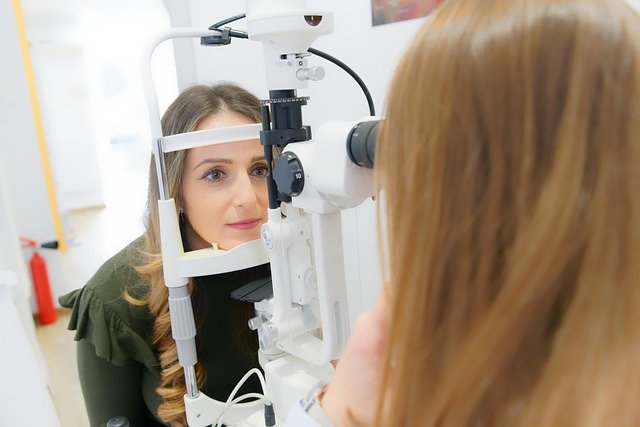Hepatitis C in Women — Early Signs to Watch
Hepatitis C symptoms can appear gradually and differ between individuals. For women, recognizing early changes—like unusual fatigue or abdominal discomfort—can support timely conversations with a healthcare provider. Here are key signs often noticed first.

What Are the Most Common Early Hepatitis C Symptoms?
The common early hepatitis c symptoms often develop slowly and may seem unrelated to liver health initially. Women frequently report persistent tiredness that doesn’t improve with rest, mild nausea, and a general feeling of being unwell. Loss of appetite and slight abdominal discomfort in the upper right area may also occur. These symptoms can appear weeks to months after initial infection, though some individuals remain asymptomatic for years.
How Do Fatigue and Joint Pain Signal Hepatitis C?
Fatigue and joint pain awareness becomes particularly important for women, as these symptoms are often the first noticeable signs of hepatitis C infection. The fatigue associated with hepatitis C differs from typical tiredness—it’s often described as overwhelming exhaustion that interferes with daily activities. Joint pain typically affects multiple areas simultaneously, including knees, shoulders, and wrists, and may worsen over time without proper treatment.
What Liver Health Signals Should Women Monitor?
Liver health signals in women can manifest in various subtle ways before more obvious symptoms develop. Dark-colored urine, pale or clay-colored stools, and yellowing of the skin or eyes (jaundice) are more advanced signs. Earlier indicators include unexplained weight loss, mild fever, and changes in bowel movements. Women may also notice increased sensitivity to medications or alcohol, as the liver’s ability to process these substances becomes compromised.
When Should You Consider Getting Tested?
Hepatitis c testing considerations become important when multiple early symptoms persist or when risk factors are present. Women born between 1945 and 1965, those who received blood transfusions before 1992, or individuals with a history of injection drug use should prioritize testing. Healthcare providers typically recommend testing for women experiencing unexplained fatigue combined with other symptoms, especially if conventional treatments haven’t provided relief.
What Mild Warning Signs Require Medical Attention?
Mild warning signs to monitor include subtle changes that might seem insignificant individually but become concerning when occurring together. These include slight changes in sleep patterns, mild digestive issues, occasional low-grade fever, and unexplained bruising. Women may also experience mood changes or difficulty concentrating. In the United States, approximately 2.4 million people live with hepatitis C, with many unaware of their infection due to these mild initial symptoms.
Understanding Treatment Costs and Healthcare Options
Hepatitis C treatment costs vary significantly depending on insurance coverage and chosen healthcare providers. Direct-acting antiviral medications, which cure hepatitis C in over 95% of cases, typically cost between $26,000 and $94,000 for a full treatment course without insurance. Many insurance plans cover these treatments, and patient assistance programs are available through pharmaceutical companies and local health departments.
| Treatment Provider | Services Offered | Cost Estimation |
|---|---|---|
| Community Health Centers | Comprehensive hepatitis C care | $200-$500 per visit |
| Gastroenterology Specialists | Specialized liver care | $300-$800 initial consultation |
| Hospital-Based Clinics | Full treatment programs | $1,000-$3,000 monthly |
| Federally Qualified Health Centers | Sliding scale pricing | $50-$300 based on income |
Prices, rates, or cost estimates mentioned in this article are based on the latest available information but may change over time. Independent research is advised before making financial decisions.
Moving Forward with Hepatitis C Awareness
Recognizing early hepatitis C symptoms empowers women to seek timely medical evaluation and treatment. While these initial signs can be subtle and easily overlooked, understanding what to watch for enables proactive healthcare decisions. Modern treatments offer excellent cure rates, making early detection and intervention more valuable than ever. Women experiencing persistent unexplained symptoms should discuss hepatitis C testing with their healthcare providers, particularly if multiple warning signs are present simultaneously.
This article is for informational purposes only and should not be considered medical advice. Please consult a qualified healthcare professional for personalized guidance and treatment.




